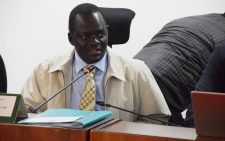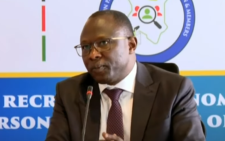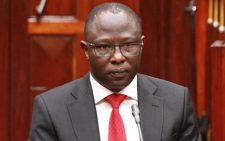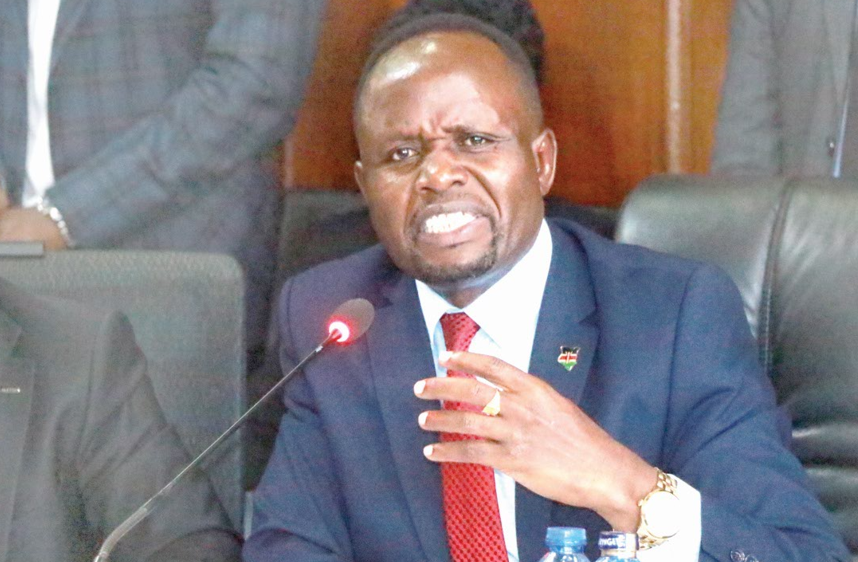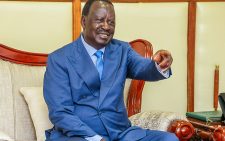Let’s solve IEBC crisis to safeguard Kenya’s democracy
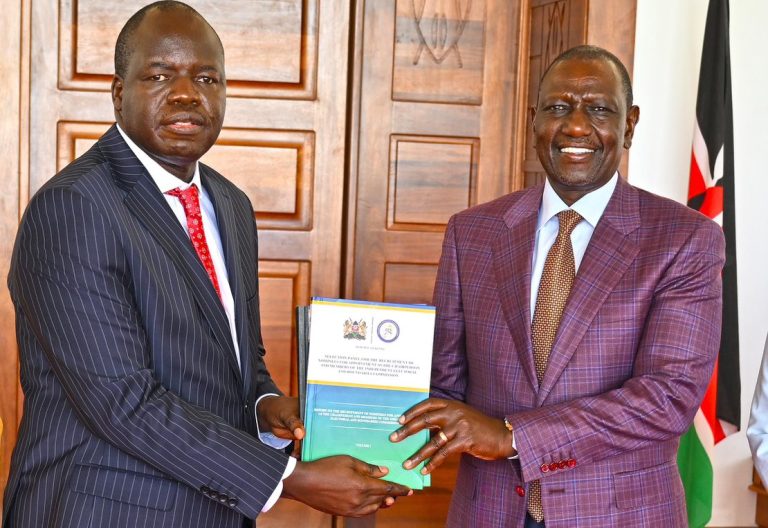
In a significant development in Kenya’s electoral landscape, the High Court has lifted its earlier suspension of the vetting process for President William Ruto’s nominees to the Independent Electoral and Boundaries Commission (IEBC), allowing the National Assembly to proceed with the vetting.
This is a welcome move by the Judiciary.
However, the court has barred the gazettement and swearing-in of the nominees until a legal challenge questioning the constitutionality of their selection is fully determined.
The ruling underscores the delicate balance between reconstituting the IEBC while at the same time adhering to constitutional principles.
This decision aims to balance the urgency of reconstituting the electoral agency, which is crucial for pending by-elections in Banisa, Kasipul, Baringo (Senate), Magarini and several wards across the country.
The petitioners, Kenyan voters Kelvin Roy Omondi and Human rights activist Boniface Mwangi, argue that the Selection process lacked transparency, failed to ensure public participation and breached provisions guaranteeing merit-based appointments.
The Attorney General Dorcas Oduor and the National Assembly had sought that the petition should be struck out, citing that the petition was premature, speculative and in violation of the doctrines of separation of powers, ripeness and exhaustion of remedies.
This preliminary objection was rejected by High Court Judge Lawrence Mugambi.
However, the Judge opined that the court has jurisdiction under the Constitution to intervene at any stage of a public appointment process if credible allegations of constitutional violations arise.
He further argued that unconstitutional decisions cannot be shielded from judicial scrutiny simply because the decision-making body is no longer in existence or because the process is ongoing.
In other words, the petition satisfies the requirements of Article 165 (4) of the Constitution.
But as the vetting resumes, all eyes should be trained on the National Assembly’s Justice and Legal Affairs Committee (JLAC) and the Court’s final ruling.
The petitioner’s concerns will be central to determining whether the nominees can assume their roles.
The outcome of the case could set a precedent for future appointments to the Constitutional Commission, reinforcing the Judiciary’s role in safeguarding electoral sanctity and integrity.
Article 88 of the Constitution of Kenya establishes the IEBC as the principal body tasked with the responsibility of managing elections in Kenya.
The Commission is made up of seven members appointed through a rigorous and competitive process.
Article 81 of the Constitution sets out the basic principles of the electoral system, which includes free and fair elections that are transparent and administered in an impartial, neutral, efficient, accurate and accountable manner.
In delivering the election, the commission is expected to adhere to the principles in all processes of the electoral cycle.
In the modern era, elections are the hallmark of democracy: generating public debate, shaping the policy agenda, selecting representatives, determining the composition of parliaments, and influencing the distribution of power in government.
A free, fair and successful democratic election largely hinges on a clear, consistent and comprehensive legal framework.
In order for an electoral system to comply with the principle of free and fair elections, it must, in addition to being by secret ballot, be transparent, free from violence, intimidation, improper influence or corruption.
It must be administered by an independent body that is impartial, efficient, neutral, accurate and accountable.
By now, the IEBC ought to have been reconstituted so that the commissioners can undertake capacity building for staff and preparations for the 2027 General Election can commence.
If the commissioners were in place, they should have drafted budgets for the general polls, by-elections, boundary delimitation, and Continuous Voter Registration (CVR).
In addition, the commissioners ought to have reviewed election manuals, training content, and methodology in line with the Post-Election Evaluation Report, stakeholder recommendations, and election observer reports.
As presently constituted, the commission cannot recruit new staff to fill in the vacancies caused by retirements and natural attrition.
The lifting of the suspension of vetting of the IEBC nominees by the High Court is a welcome move, which now sets the roadmap to having a fully constituted electoral body.
For now, Kenya awaits a resolution that will shape the credibility of its electoral processes and the stability of its democracy.
The writer is the Chairman of the Political Journalists Association of Kenya (PJAK)
